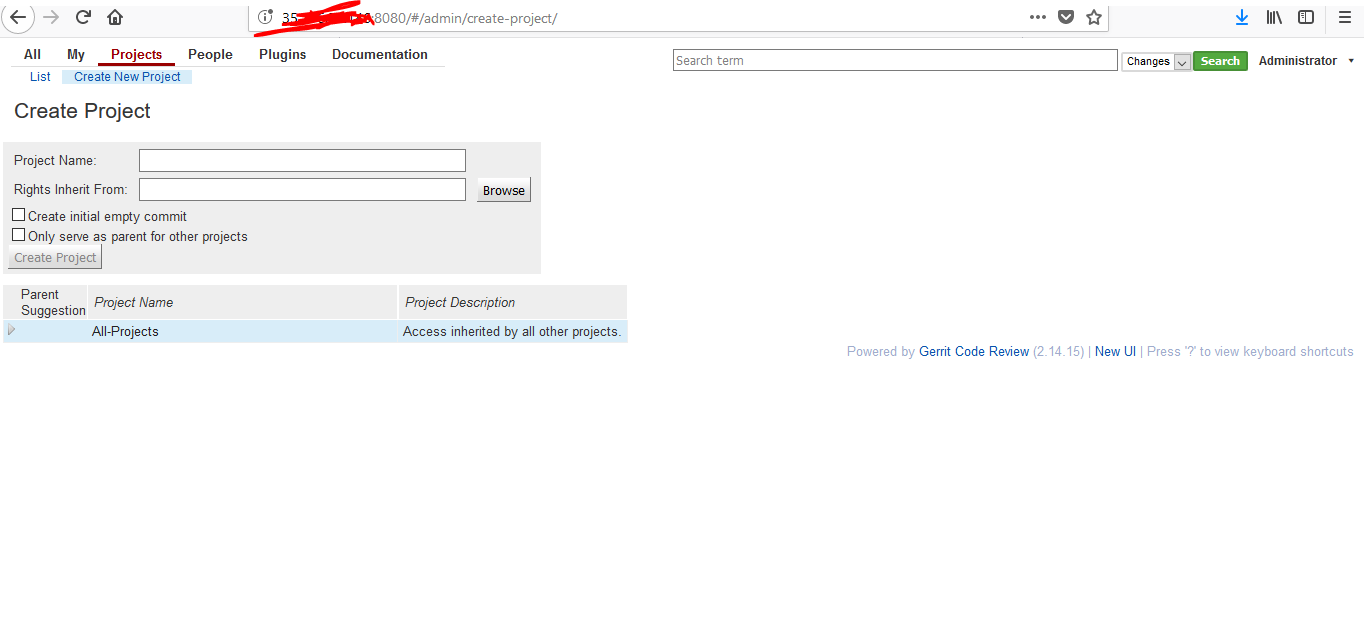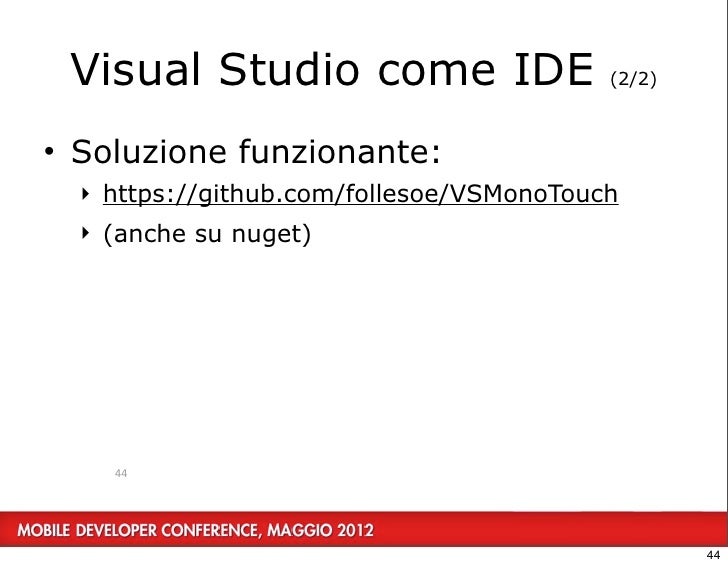Dsl: Does Dsl's Supported On Visual Studio For Mac
VS2017 Enterprise - There is an apparent error in the library template installed at 'C: Program Files (x86) Microsoft Visual Studio 2017 Enterprise Common7 IDE Extensions Microsoft DSL SDK DSL Designer 15.0 TextTemplates Dsl SerializationHelper.tt' on lines 615 and 617. The code here is generated into a DSL project in the SerializationHelperBase.LoadModel method, which takes a string parameter named 'location'. It appears, from reading through the code, that in prior versions the parameter was 'fileName', but has been generalized to remove the assumption that the location is indeed a file. In lines 615 and 617, though, the 'fileName' token is still present, causing a compile error in the transformed file (at line 511 in my application). Changing the token from 'fileName' to 'location' fixes the problem for me.
Dsl: Does Dsls Supported On Visual Studio For Mac Mac
Could you please verify if my analysis is correct and, regardless, fix this in the template?
I did some searches on developing a DSL in visual studio. At the beginning, I found out there is a Visualization and Modeling SDK for VS2010. It has a tool called DSL tool.
But it seems that it is only for graphical DSL development. Then I saw some posts saying 'Oslo' is a tool for developing textual DSL, which 'was' a Microsoft product - Microsoft no longer supports the tool. Therefore, I would like to know if I want to develop a textual DSL, what tool is the best? What do you think if I implement a DSL parser making use of F# powerpack with FSLex and FSYacc? I am currently developing several external text-based DSLs using FsLex/FsYacc. I was using a hand parser, but I find the FsLex/FsYacc much easier to maintain in the design stage.
FsLex/FsYacc are not as sophisticated as ANTLR, but since most DSLs are fairly simple, FsLex/FsYacc are a perfectly sound choice for use within Visual Studio. And keeping DSLs simple is a good thing, since they are intended to be restricted and simple to learn. I find Martin Fowler's book to be a good resource, less for the examples and details than as an encyclopedia of DSL ideas. His discussion of useability and other design aspects of DSLs is also worth reading. As Toumas indicated, it does not cover either F# or functional languages.
Dsl: Does Dsls Supported On Visual Studio For Mac Windows 10
Fowler writes that he lacked the experience in those subjects to bring the book to market in a timely way. Having praised FsLex/FsYacc, I do still wish someone would write a good ANTLR back-end for F#.:) -Neil. Since having made my earlier post, I have also bought and read parts of Terence Parr’s book “Language Implementation Patterns.” It is excellent, though quite a bit more technical than Martin Fowler’s book (with some additional material it could be a “Dragon Book” for the new millennium). The examples are strongly based in Java and ANTLR, but the text is the main thing, so the book is useful regardless of one’s language development environment. Interestingly, there is little overlap between the two books.
Martin Fowler’s book does a good job of covering the design and implementation of basic DSLs, such as those used for specification and configuration, while Terence Parr’s book is more technical and covers the realm extending all the way up through more sophisticated languages and byte-code machines. I recommend both if you can budget for them, otherwise, either is an excellent choice within its given domain. Our DMS Software Reengineering Toolkit is designed to handle arbitrary DSLs (I happen to be the architect).


Most people think if you have a parser you have enough, and it is technically true, in the same sense that if you have transistors you can build a computer. In my experience you want a lot more than just a parser: you need ways to build symbol tables so that your generator knows what the meaning of a particular identifier is, means to analyze the specification, ways to easily encode your translation and to apply optimizations to generated results. DMS to support building DSLs. And in that sense, it goes much beyond F#.